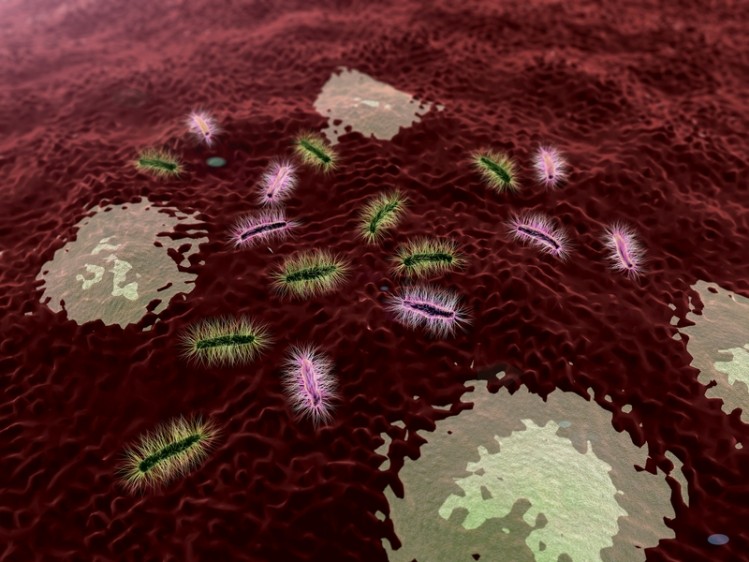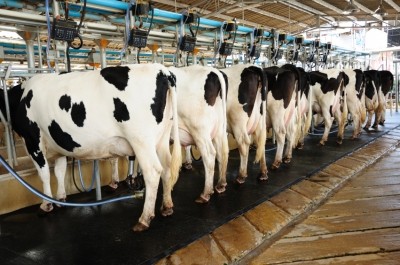Special Edition: Animal husbandry: genetics, nutrition and management link
World first in pig gut gene data insights said to be game changing

Writing in the journal, Nature Microbiology, the team said insight into the genes of these bacteria and their function represents the first step towards a deeper understanding of how bacteria in the gut affect health and disease.
The catalogue, continued the researchers, should enhance pig farming in relation to better feed efficiency combined with improved resistance to disease, while reducing the use of antibiotics.
"Combined with the recently published pig genome, the pig gut gene catalogue will accelerate research that aims at deciphering the complex interactions between microbiota and hosts. Integration of phenotypic, genomic and metagenomic data will provide key biological information for future biomedical research, as well as in translational research towards more sustainable knowledge-based pig farming," they wrote.
The experts, based at the University of Copenhagen and SEGES in Denmark, BGI-Shenzhen in China, NIFES in Norway and INRA in France, said they have identified 7.7 million genes and a large number of known and unknown bacteria.
They analyzed stool samples from 287 pigs representing different breeds and selected pig lines from 11 different farms in France, China and Denmark.
The team said the results showed clear country dependent differences, reflecting differences in farm systems and antibiotics supplementation, further illustrating how age, gender, and pig genetics are associated with differences in the composition of bacteria in the gut.
In addition, they said the study indicated the prohibition of the use of antibiotics as growth promoters in Denmark and France seems to have reduced the load of antibiotics resistance genes in pigs in those countries. Nevertheless, they found some pigs in those countries still harbor genes conferring resistance to a large number of antibiotics.
Tools to get to the bottom of additive functionality
FeedNavigator recently reported on how a US research team has set up an integrated animal systems biology team to better understand the physiological, biochemical, gene expression, and immunological pathways and processes involved in the interaction between an animal’s intestinal tract and components of antibiotic replacement feed additives such as organic and inorganic trace minerals, direct-fed microbials, and prebiotics.
Gerald Shurson, professor of swine nutrition at the University of Minnesota, told us he set up the expert team as questions remain regarding the mechanisms behind many of the ingredients used in swine diets.
And he said it is time for nutritionists to use different tools to get to the bottom of the functionality of such feedstuffs.
“We can make some general inferences but we often can’t get to the cause and effect of responses. Using more of the organ and whole animal-based “omics” [analysis] approaches allows us to discover new biomarkers and a more complete picture enables us to better understand what is going on.”
"By using a more system-based approach to include the interactions between the microbiome and changes in gastrointestinal physiology, gene expression, and metabolomics, we can find changes in patterns and shifts in whole body metabolism and regulation from various nutritional interventions that can give us better clues to truly discover how various feed additives and dietary components work – which may be different than some of the more generic indicators we have focused on in the past," he added.
The team is looking to break down the silos in research work, incorporate members from different fields and use new technology to better understand the current tools available to producers, he said.
“The whole food production system continues to evolve and science has to keep up or stay ahead of the challenges,” he said. “How do we participate in this in a more meaningful way than we have in the past?”
Source: Nature Microbiology, 2016; 1: 16161
Title: A reference gene catalogue of the pig gut microbiome
DOI: 10.1038/nmicrobiol.2016.161
Authors: Xiao et al








